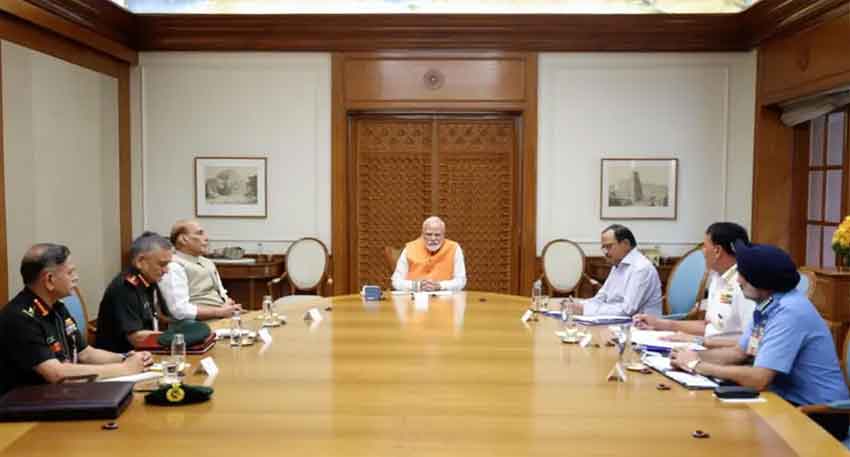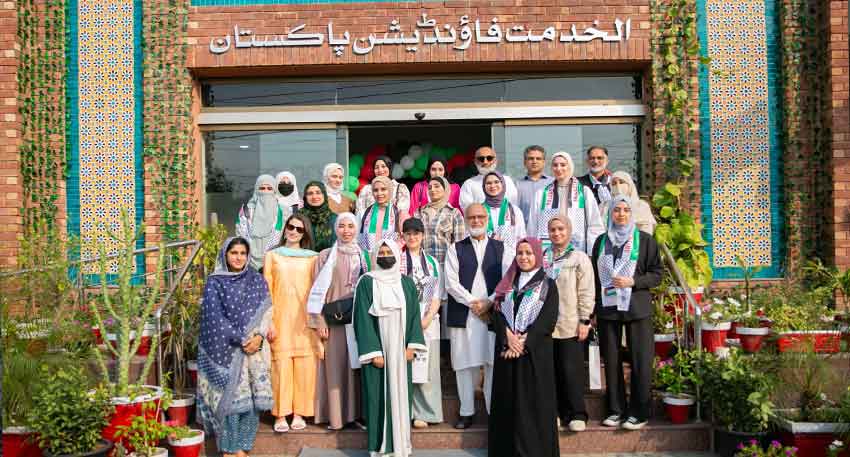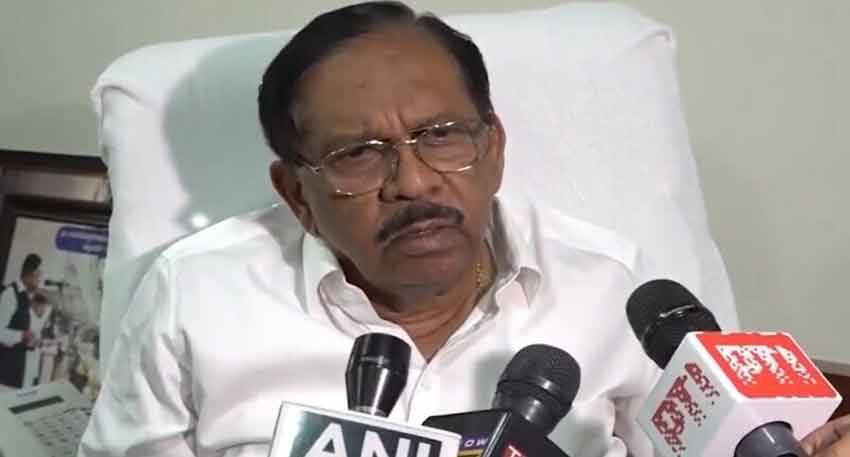
Despite leveling serious allegations against Pakistan over the so-called "Pahalgam attack", New Delhi has failed to produce a shred of solid evidence. In contrast, Pakistan has not only categorically denied any involvement but has also offered full cooperation for a fair and impartial investigation.
Yet, India has shown little interest in uncovering the truth. Instead, the case appears to be unraveling rapidly. Details from India’s own narrative have exposed cracks in the official story, while individuals previously declared "killed" in the attack have surfaced alive, presenting video proof of their well-being. This has led to rising doubts not just in Pakistan or the global community, but within India itself.
Also read: ISPR DG presents irrefutable evidence of Indian-sponsored terrorism in Pakistan
Prominent voices from India’s opposition and security circles are now openly questioning the legitimacy of the Pahalgam incident. Many believe the so-called attack is part of a broader political scheme by the Modi government—a calculated false flag operation to incite anti-Pakistan sentiment and distract the Indian public from deep-rooted domestic issues such as economic decline, social unrest, and political mismanagement.
Even former Indian military leaders have raised red flags about the country’s readiness for any potential conflict. A retired Corps Commander recently stated that India lacks the technological edge and strategic depth needed to engage Pakistan in war. According to him, India’s missile capability, drone fleet, air dominance, and naval strength are far from sufficient for a no-risk military operation—unlike global powers such as the United States. He warned that war is never a one-way street: any Indian aggression would be met with a firm and capable Pakistani response.
While Pakistan advocates for peace, diplomacy, and truth, India continues to play with fire. Prime Minister Narendra Modi has not only fueled jingoistic rhetoric but also chaired high-level security meetings, granting the Indian Armed Forces what he calls “complete operational freedom.” This carte blanche approach is dangerous and irresponsible, especially when based on unverified claims.
Adding fuel to the fire, India has already begun taking retaliatory diplomatic steps—canceling visas and suspending provisions of the Indus Waters Treaty, a vital agreement for regional water security. Such moves only deepen mistrust and hinder any path to dialogue.
In contrast, Pakistan’s stance has remained mature and principled. By calling for independent investigation and extending cooperation, Islamabad has shown its commitment to regional peace and truth. It is now for the global community to see through the fog of misinformation and pressure India to back its claims with facts, not fury.
It is high time the world recognizes who is genuinely working for peace—and who is playing politics with war.




